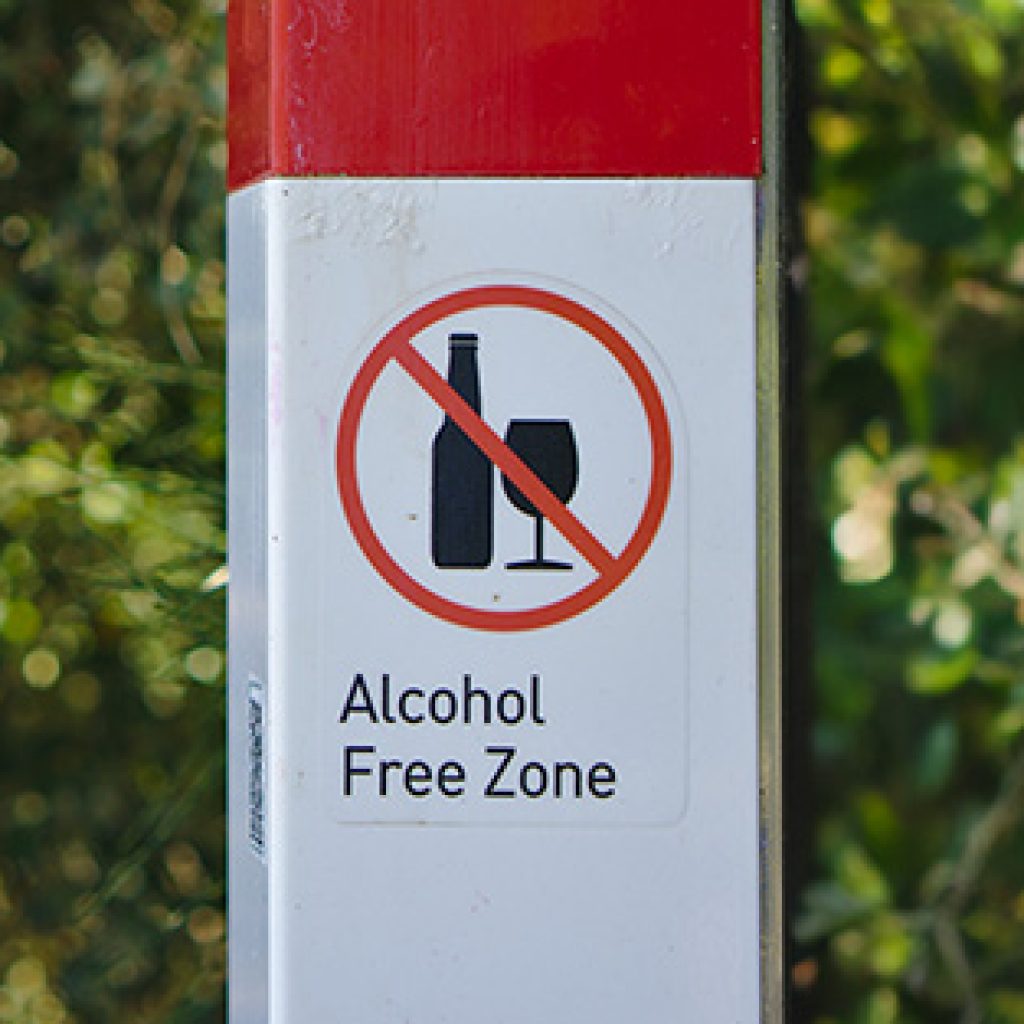Understanding the Impact of Unrelenting Stress over the Past Two Years and 9 Coping Strategies to Support Client’s to Better Manage Stress
April is Stress Awareness Month. According to the latest survey conducted by the American Psychological Association, and the Harris Poll, the vast majority of people are living in survival mode. Stress will always be a part of life, yet over the past two years, there have been a constant stream of stressors that have taken a toll. When we live in an uncertain and unpredictable environment for a prolonged period of time, there are both physical and psychological impacts that occur.
According to the survey the top reported stressors in March 2022 were:
If chronic stress is left unaddressed, it often leads to chronic stress reaction which could include symptoms of chronic hyperarousal, aches and pains, heart, disease, lowered immune function, irritable bowel syndrome, insomnia, anxiety, and depression. This accumulation of chronic stress has an impact on both physical and mental health. In addition, stress also has a wide range of effects on emotions, mood, and health behaviors. According to the Stress in America survey, many Americans’ report a change in their health habits over the course of the last two years.
Some key findings include worsening mental health, lower physical activity, disturbed sleep, and increased reliance on unhealthy habits.
It is critical we move out of survival mode. One of the first steps to addressing chronic stress is to bring awareness to the amount of stress. The Perceived Stress Scale is the most widely used psychological instrument for measuring a person’s perception of stress. The scale assesses how a person views their life in terms of how unpredictable, uncontrollable, or how overloaded a person feels.
Next, it’s important to address a person’s coping mechanism when experiencing stress. For example, often, chronic stress leads to a wide range of coping strategies including both positive and negative. Negative coping strategies include denial, overeating, overworking, isolating oneself, and substance misuse. Positive coping strategies often include stress management techniques such as exercising, getting enough rest, and practicing mind-body skills (i.e., breathing practices, yoga, meditation). One of our roles is to support clients in developing healthy (adaptive) coping strategies to deal with the unrelenting stress.
Here are nine evidence-informed coping strategies that are supportive for stress management.
1. Move the body
Moving the body (i.e., exercising – walking, swimming, running, biking) for at least 20 minutes/day helps support the body’s stress response by reducing stress hormones and stimulating production of endorphins which helps support the relaxation response of the body.
2. Eat nourishing foods and hydrate
Eating whole foods rich with nutrients supports the body when experiencing stress. Often the body craves junk food during times of stress (i.e., high sugar/high fat) due to high cortisol levels, however eating lots of fruits and vegetables helps to support the body’s energy level that is needed to deal with life’s challenges. Visit our blog post for more information regarding nutrition and mental health.
3. Get enough rest
Getting 7 – 9 hours of sleep per day helps the body to calm as it helps to decrease cortisol levels, regulates the immune system, regulates mood, and helps a person to think more clearly. Visit our blog post on making sleep a priority for tips on how to get better sleep.
4. Get into nature
Study after study shows nature is a powerful medicine when it comes to our mental health and helps to support the management of stress. It’s important to take time to pause and take in the beauty of the natural world.
5. Do something that brings meaning and purpose
During times of stress, usually the first thing we STOP doing are the things we love. It’s important to take time to engage in pleasurable activities that bring us a sense of meaning and purpose during times of stress.
6. Gather with friends and family who bring joy and energy to life
We are wired to need human connection. During times of stress, there is sometimes a tendency to self-isolate. It’s important to reach out and spend time with friends or family who have a positive influence on our lives.
7. Practice conscious relaxation
Whether it’s taking time to do breathing exercises, practice progressive muscle relaxation, take a yoga class, or meditate – practicing conscious relaxation supports the nervous system to calm during times of stress.
8. Reframe thinking
Cognitive behavioral therapy (CBT) is one of the most well researched modalities for dealing with stress and anxiety. This approach helps a person to understand how their thoughts influence their emotions, which in turn influences behaviors. By intentionally noticing unhelpful thoughts and reframing them, it can help a person to manage emotions and reduce stress.
9. Seek professional help
Seeking a mental health provider during times of feeling overwhelmed and burnt out can help a person learn how to manage stress more effectively.
According to the American Psychological Association, the on-going stress of the last two years suggests that most Americans are enduring the unrelenting stress, and they are not recovering well. There continues to be a great sense of grief and loss over what life ‘used’ to be like. Supporting people to grieve the experiences they feel like they’ve lost and reframe what they’ve gained may be a helpful technique. In addition, helping people to plan in an unpredictable world is another important tool in supporting patient’s and clients. Judson Brewer, a Neuroscientist and mindfulness researcher, explains that uncertainty = fear + anxiety. He shares that during times of uncertainty, it’s helpful to plan in short timeframes. A helpful question that clients can learn to ask themselves is, “Do I have enough information to make a decision right now? Is worrying helping me, or is it just leading to more worry?”
Stress continues to remain high for the majority of Americans, and behavioral health providers are on the frontlines of supporting people to manage the massive amount of stress the last two years have had. As you support your patient’s and clients remember to also care for your own health and well-being by monitoring your own stress levels and taking time to care for yourself. You can learn more about stress first aid and and combatting compassion fatigue here.
Your Turn: What major stressors are you hearing about in your client’s lives?
Recommended Resources:
- Episode 2: Stress First Aid
- Episode 3: The Cost Of Doing Business In High Stress Environments
- Stress First Aid to Combat Burnout and Compassion Fatigue
- SAMHSA’s National Helpline
References:
The American Institute of Stress. (2020). Stress effects. The American Institute of Stress. Retrieved April 21, 2022, from https://www.stress.org/stress-effects
American Psychological Association. (2019). Healthy ways to handle life’s stressors. American Psychological Association. Retrieved April 21, 2022, from https://www.apa.org/topics/stress/tips
American Psychological Association. (2022). Stress in America: On Second covid-19 anniversary, money, inflation, war pile on to nation stuck in survival mode. American Psychological Association. Retrieved April 21, 2022, from https://www.apa.org/news/press/releases/stress/2022/march-2022-survival-mode
Cohen, S. (1994). Perceived stress scale – SPRC. Retrieved April 21, 2022, from https://www.sprc.org/system/files/private/event-training/Penn%20College%20-%20Perceived%20Stress%20Scale.pdf
Blog Post Tags:
Related Blog Posts
Related Learning Labs
Related Resources
.
- Buscar Tratamiento de Calidad para Trastornos de uso de Sustancia (Finding Quality Treatment for Substance Use Disorders Spanish Version)
- Finding Quality Treatment for Substance Use Disorders
- Focus On Prevention: Strategies and Programs to Prevent Substance Use
- Monthly Variation in Substance Use Initiation Among Full-Time College Students
- The National Survey on Drug Use and Health (NSDUH) Report: Monthly Variation in Substance Use Initiation Among Adolescents








